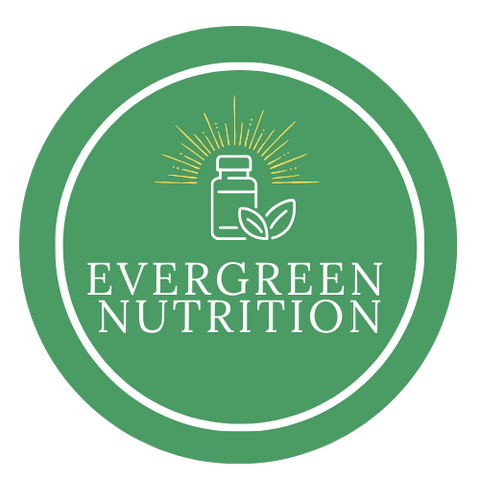What Is Folate?
Folate is the natural form of Vitamin B9, one of the water-soluble B-complex nutrients. It occurs naturally in foods, especially green leafy veggies (folate is from the Latin word for leaf,folium). Folate is converted in the digestive tract into 5-MTHF, a biologically active form used by our cells. Confusingly, folate is also a general term for folic acid and other substances with similar nutritional purposes.What Is Folic Acid?
Although folate and folic acid are both forms of Vitamin B9, they are not the same. Folic acid is a synthetic form of folate commonly used for supplements and fortified foods. Most folic acid is not converted to5-MTHF in the digestive system but in the liver and other tissues a slow and inefficient process that can lead to an unhealthy excess of non-metabolized folic acid in the blood. For those eating fortified foods and/or who do not have the enzyme necessary for the conversion, this excess may be especially problematic. Taking folic acid along with other B vitamins (especially B6 and B12) as well as Vitamin C, can help make the conversion more efficient. Or simply use a safer form that does not require the conversion.What Is Folinic Acid?
 Folinic acid is a metabolically active derivative of folic acid that is more stable and does not require enzymatic conversion in order to be utilized. It is used for folic acid deficiency and as an antidote to folic acid antagonists (drugs that prevent our bodies from using folic acid). Folinic acid is found naturally in foods such as leafy greens and it is a good form for supplementation since it can increase folic acid levels in cases where other forms can not.
Folinic acid is a metabolically active derivative of folic acid that is more stable and does not require enzymatic conversion in order to be utilized. It is used for folic acid deficiency and as an antidote to folic acid antagonists (drugs that prevent our bodies from using folic acid). Folinic acid is found naturally in foods such as leafy greens and it is a good form for supplementation since it can increase folic acid levels in cases where other forms can not.Because of the differences between these forms, on supplement labels you will now see folate/folic acid amounts listed as mcg DFE (micrograms Dietary Folate Equivalent) instead of just mcg (micrograms).
Since our bodies can not make folate, we must get it from dietary or supplemental sources. Foods rich in folate include brewers yeast, leafy greens, legumes, asparagus, avocados, Brussels sprouts, liver and eggs.
When taking supplemental folate, look for metabolically active forms likefolinic acid or5-MTHF . Evergreen'sMethyl Folate uses Quatrefolic® which is structurally similar to the reduced (bioactive) form of folic acid. This means that MTHFR conversion is unnecessary so this important nutrient is immediately utilized by our bodies.
For adults, the daily recommended intake of dietary folate equivalents (DFEs) is 400 mcg with an upper limit of no more than 1,000 mcg per day from all sources.



